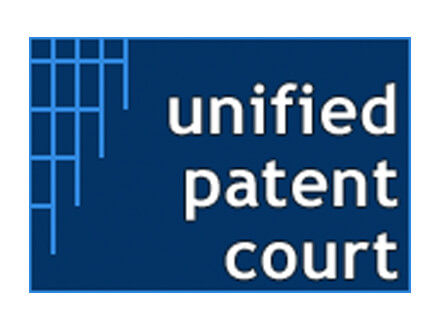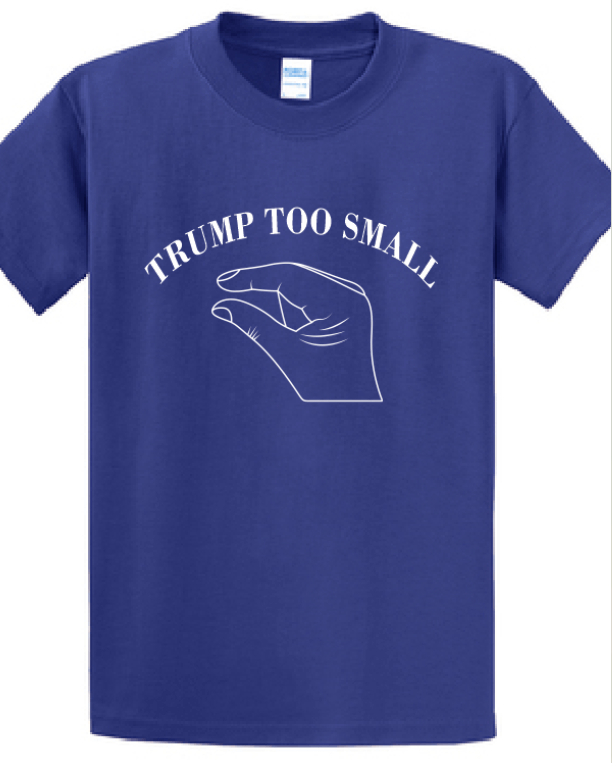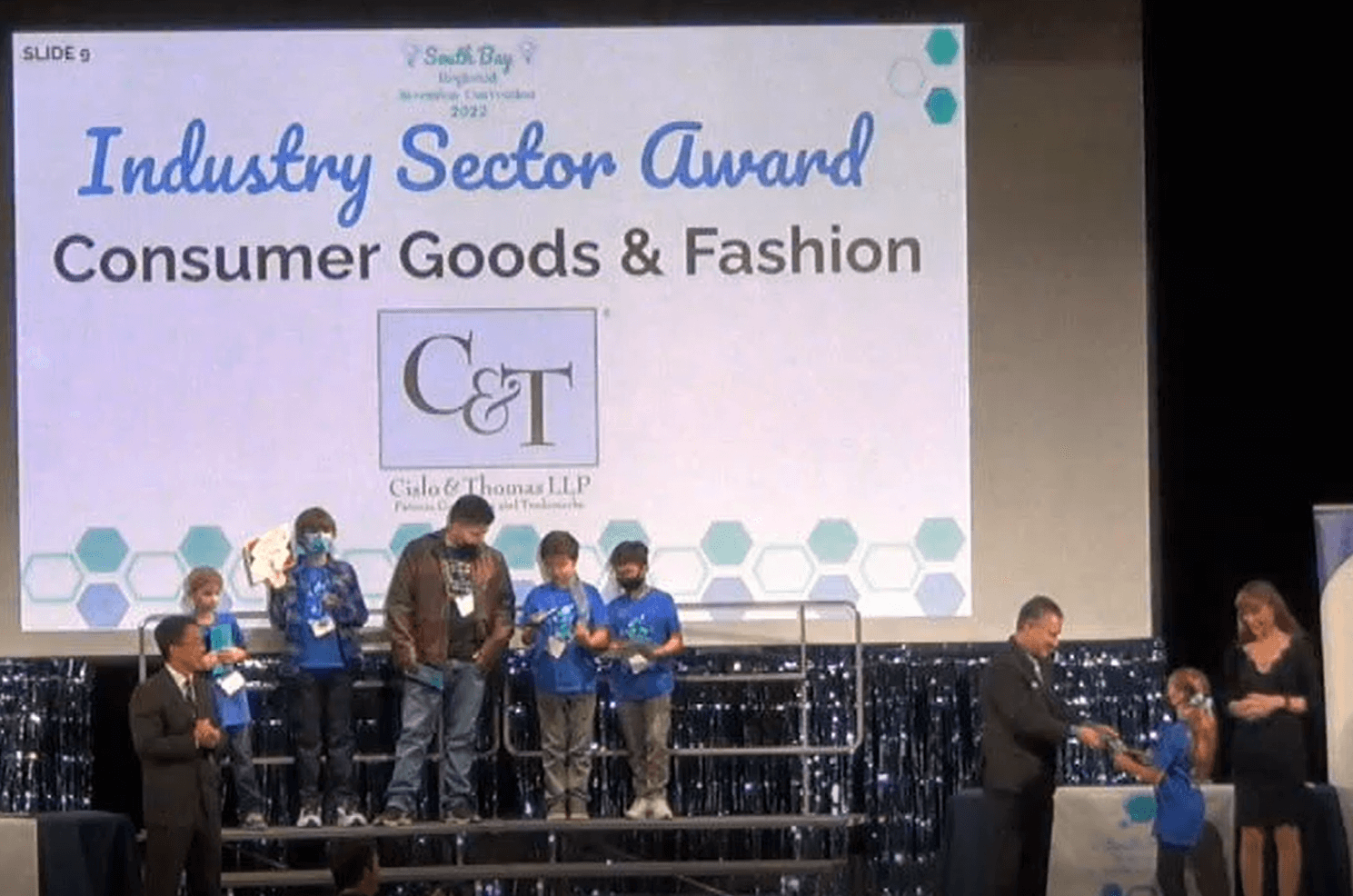How the Russian-Ukrainian War Affects IP in Russia
Takeaway: The USPTO breaks its ties with Rospatent, Russia’s Federal Service for Intellectual Property, in response to the Russian-Ukrainian War and following numerous American trademark copycats emerging in Russia.

Russia announced that its government will not be enforcing intellectual property protection from “unfriendly countries.” These countries include those that have sanctioned Russia for its military involvement in Ukraine, including European Union states, Great Britain, Japan, South Korea, the United States, and several other countries. Since the Russian government announced its plan, there have been several applications filed in Russia that have blatantly copied big American brands, including McDonald’s and Starbucks. For example, a trademark application was recently filed using McDonald’s logo with “Uncle Vanya” spelled out in the Russian language.
Most recently, the USPTO has suspended all of its communication with Russia’s intellectual property agency Rospatent. The office said, “Applicants filing international applications under the Patent Cooperation Treaty are advised to exercise caution before selecting Rospatent as an international searching authority or international preliminary examining authority.” The USPTO is continuing to navigate how the agency will sanction Rospatent and how this will affect intellectual property holders.
The European Union’s Unified Patent Court (EU UPC) is Set to Launch
Takeaway: Although the EU UPC is set to launch in the next few months, there are several questions that the court will need to face, including legal challenges and Brexit.

The European Union’s Unified Patent Court will eliminate the need to litigate patent disputes on a country-by-country basis. Instead, the court will allow patent disputes to be handled more efficiently by being litigated across two dozen EU nations through a single proceeding.
The EU UPC could be open as early as fall of this year or early next year, but one main question before launching is what will happen to its division that was set to open in London since Brexit. More pressing, however, is whether patent applicants and owners will opt to have their existing European patents to be a part of the new UPC system. For the first few months before the court launches, companies may opt out of the UPC’s jurisdiction for their current patents. Nevertheless, a patent can be opted back into the system if it’s not being litigated.
Record High Backlogs at the U.S. Trademark Office
Takeaway: Be prepared to wait for your trademark applications to be reviewed, as Amazon’s recent boom in sales over the last two years have contributed to a record-high number of businesses attempting to register their marks at the USPTO.
The USPTO is experiencing prolonged, record-high delays in reviewing marks submitted by applicants. This is largely due to the sales boom that Amazon experienced since the start of the pandemic, leading to the number of applicants rising at least 30% in the last year alone.
Additionally, this may be partly due to the strict state and local rules being applied to retail stores and other business, thus paving the way for businesses to turn to e-commerce and virtual means of selling their products and services. The wait times are expected to be twice as long as normal. The Office is also warning applicants that average wait times for an application to be reviewed could be up to six months.
Trump-Related Trademark Ruling Sparks First Amendment Debate
Takeaway: A recent trademark ruling for “Trump Too Small” will likely lead to confusion among IP attorneys, as some argue that the decision ignores fundamental trademark law.
After a recent Federal Circuit’s ruling slammed the U.S. Patent and Trademark Office’s decision to now allow a trademark criticizing former President Donald Trump, many IP attorneys are now questioning whether a new line is being drawn between intellectual property and free speech.

Specifically, the court held that the Trademark Trial and Appeal Board wrongly denied a bid to register the phrase “Trump Too Small” for T-shirts under Section 2(c) of the Lanham Act. This section of the Act bars registration of marks that include the name of a living person without that person’s consent. The court found that the government’s interest in protecting privacy and publicity rights did not outweigh the applicant’s First Amendment right to criticize public figures, including the former U.S. President.
Since the ruling, IP attorneys are questioning how trademark examiners will handle future reviews of trademarks related to public figures. Many fear that the Federal Circuit ruling was heavily subjective and worry how this will affect future court cases.
Image Credit: rightofpublicityroadmap.com/news_commentary/federal-circuit-holds-bar-on-registering-trump-too-small-violates-first-amendment/
The Supreme Court Agrees to Review Warhol Copyright Ruling
Takeaway: The U.S. Supreme Court has taken up the confusing copyright fair use question of transformative use and the line between artistic expression and free speech versus an author’s copyright rights to exclude unauthorized uses of derivative works. This should provide better guidance as to what is and is not allowable use under Copyright Law.

Following a petition that the U.S. Supreme Court should explain a circuit split on what makes a work transformative, the Court accepted to review the Second Circuit’s decision on its Warhol ruling. The Circuit previously decided that Andy Warhol’s artwork depicting Prince did not make fair use of a photograph of the music artist. Specifically, the Appeals Court found that Warhol’s work retained the “essential elements of its source material” and was not “fundamentally different and new.”
It is currently unknown how the U.S. Supreme Court will ultimately rule on the Andy Warhol Foundation v. Goldsmith case. We will update you on the court’s final ruling.
Image Credit: almooon.com /the-supreme-court-to-decides-copyright-case-of-andy-warhols-1980s-prince-art-series/
New Cislo & Thomas LLP Data Privacy Tools Now Available
Takeaway: Stay a step ahead on your necessary data privacy compliance with our newly available tools.
Cislo & Thomas LLP presents two data privacy tools on its website at no cost, including the Data Privacy Compliance Questionnaire and the Data Mapping tool. Fill out the questionnaire to the best of your knowledge and return it to privacy@cislo.com for a consultation to determine your specific data compliance needs. You may also download the Data Mapping tool, an Excel sheet that will help you track how you collect, store, use, transfer and delete personal information. If you have any questions on either of these resources, please reach out to privacy@cislo.com. Remember, you always want to know how your data is being handled for best practices no matter how big or small your business is.
You can find these tools here: https://cisloandthomas.com/data-privacy-and-cybersecurity/
Cislo & Thomas LLP Spotlight
Cislo & Thomas LLP Sponsors Student Invention Competition
This month, Cislo & Thomas LLP sponsored the South Bay Regional Invention Convention, hosted by the Torrance Unified School District. This Invention Convention brings together studentsin grades Kindergarten through 12th from the local South Bay area schools to compete and invent creative solutions to problems.
Specifically, Cislo & Thomas sponsored the “Consumer Goods and Fashion” industry sector. The award winner for our sector was Camden Kroesen, a 4th grader who invented a detachable scrunchie holder. She is accepting the award in the photo below. Great work Camden!




